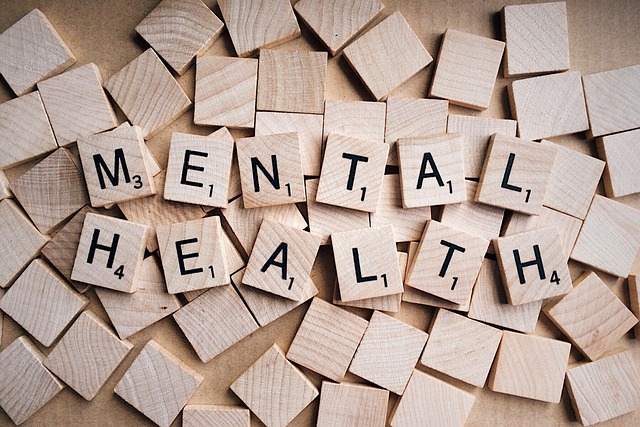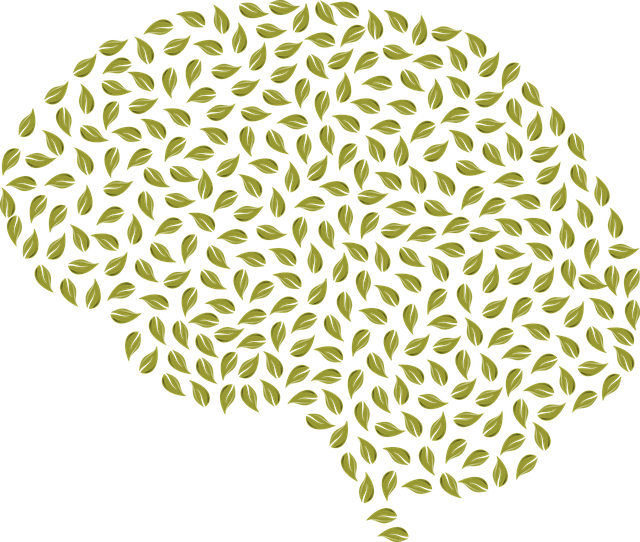Burnout among healthcare providers in demanding fields like Highlands Ranch Eating Disorders Therapy is a significant issue, manifesting as emotional exhaustion, depersonalization, and reduced personal accomplishment. Early recognition through self-assessment and peer support is crucial to prevent escalation. Mitigation strategies include self-care, stress management techniques (e.g., mindfulness), supervision, cultural competency training, and mental health education programs. Support systems, collaborative practices, and continuous learning further enhance resilience and avert burnout in Highlands Ranch Eating Disorders Therapy.
In the demanding landscape of healthcare, burnout among providers is a growing concern. This comprehensive guide explores strategies to prevent exhaustion and stress, focusing on the well-being of healthcare professionals. We delve into understanding burnout, recognizing red flags, and implementing effective solutions. From identifying early warning signs to fostering support systems and professional development, learn how to create a resilient environment. Discover practices that can enhance job satisfaction and mitigate burnout risks, especially relevant in Highlands Ranch eating disorders therapy settings.
- Understanding Burnout Among Healthcare Providers
- Identifying Red Flags and Early Warning Signs
- Implementing Effective Prevention Strategies
- The Role of Support Systems and Professional Development
Understanding Burnout Among Healthcare Providers

Burnout among healthcare providers is a growing concern, especially considering the demanding nature of their work and the constant exposure to challenging situations. This phenomenon extends beyond mere job dissatisfaction; it involves emotional exhaustion, depersonalization, and reduced personal accomplishment—a complex interplay that can significantly impact both practitioners’ well-being and patient care. Recognizing burnout at its early stages is crucial, as it can lead to more severe consequences if left unaddressed.
In the context of Highlands Ranch Eating Disorders Therapy, for instance, healthcare providers must possess resilience and emotional agility to support individuals grappling with eating disorders. Building resilience through self-care practices, stress management techniques, and regular supervision can prevent burnout. Additionally, public awareness campaigns development and cultural competency training play a vital role in normalizing conversations around mental health, thereby fostering supportive environments where practitioners feel empowered to seek help and implement evidence-based strategies to combat burnout effectively.
Identifying Red Flags and Early Warning Signs

Burnout among healthcare providers is a growing concern, but identifying red flags early can help prevent it. High-stress environments and heavy workloads can lead to emotional exhaustion, depersonalization, and reduced professional efficacy. Professionals in Highlands Ranch Eating Disorders Therapy and other high-pressure fields must be vigilant for warning signs such as increased irritability, insomnia, changes in appetite or eating habits, decreased motivation, and a sense of detachment from work and patients.
Regular self-assessment, coupled with peer support and supervision, can help identify potential burnout risks early on. This may involve incorporating conflict resolution techniques into team dynamics to mitigate professional strain, as well as providing social skills training to enhance communication and reduce stress. Additionally, completing regular risk assessments for mental health professionals is crucial to maintaining a healthy work-life balance and preventing career stagnation.
Implementing Effective Prevention Strategies

In the pursuit of mitigating healthcare provider burnout, implementing effective prevention strategies is paramount. These initiatives encompass a multifaceted approach, beginning with prioritizing mental wellness and incorporating structured stress reduction methods tailored to the unique demands of the medical profession. Professionals in Highlands Ranch Eating Disorders Therapy, for instance, can leverage these strategies to create resilient work environments that foster both personal and professional growth.
One such strategy involves integrating anxiety relief techniques into daily routines, recognizing that chronic stress is a significant contributor to burnout. Whether through Mental Wellness Podcast Series Production or personalized mindfulness practices, these interventions not only enhance individual resilience but also improve patient care by ensuring healthcare providers are at their best. By embracing comprehensive prevention strategies, the medical community can navigate the challenges of modern healthcare with renewed vigor and dedication.
The Role of Support Systems and Professional Development

Support systems play a pivotal role in preventing healthcare provider burnout. Strong connections with colleagues, mentors, and friends create a safety net that buffers against the emotional toll of the job. In Highlands Ranch Eating Disorders Therapy, for instance, professionals can benefit from collaborative practices where they share experiences, offer peer support, and learn from each other’s expertise. This sense of belonging fosters resilience and reduces feelings of isolation, crucial factors in maintaining mental well-being.
Professional development is another key strategy. Engaging in continuous learning through workshops, training sessions, and Mental Health Education Programs Design equips healthcare providers with new skills and knowledge. By investing in their professional growth, these programs also promote a sense of purpose and engagement. Additionally, incorporating Stress Reduction Methods and Inner Strength Development techniques into their routines allows providers to manage stress, boost self-care, and enhance their ability to cope with challenging situations, ultimately preventing burnout.
Burnout among healthcare providers is a pressing issue, but by understanding its causes and implementing proactive strategies, such as enhancing support systems and fostering professional development, we can mitigate this crisis. Incorporating practices inspired by Highlands Ranch Eating Disorders Therapy—which prioritizes holistic well-being and resilience—can significantly contribute to preventing burnout. By recognizing red flags early and adopting effective prevention strategies, healthcare professionals can maintain their passion, improve patient care, and create a more sustainable career path.














